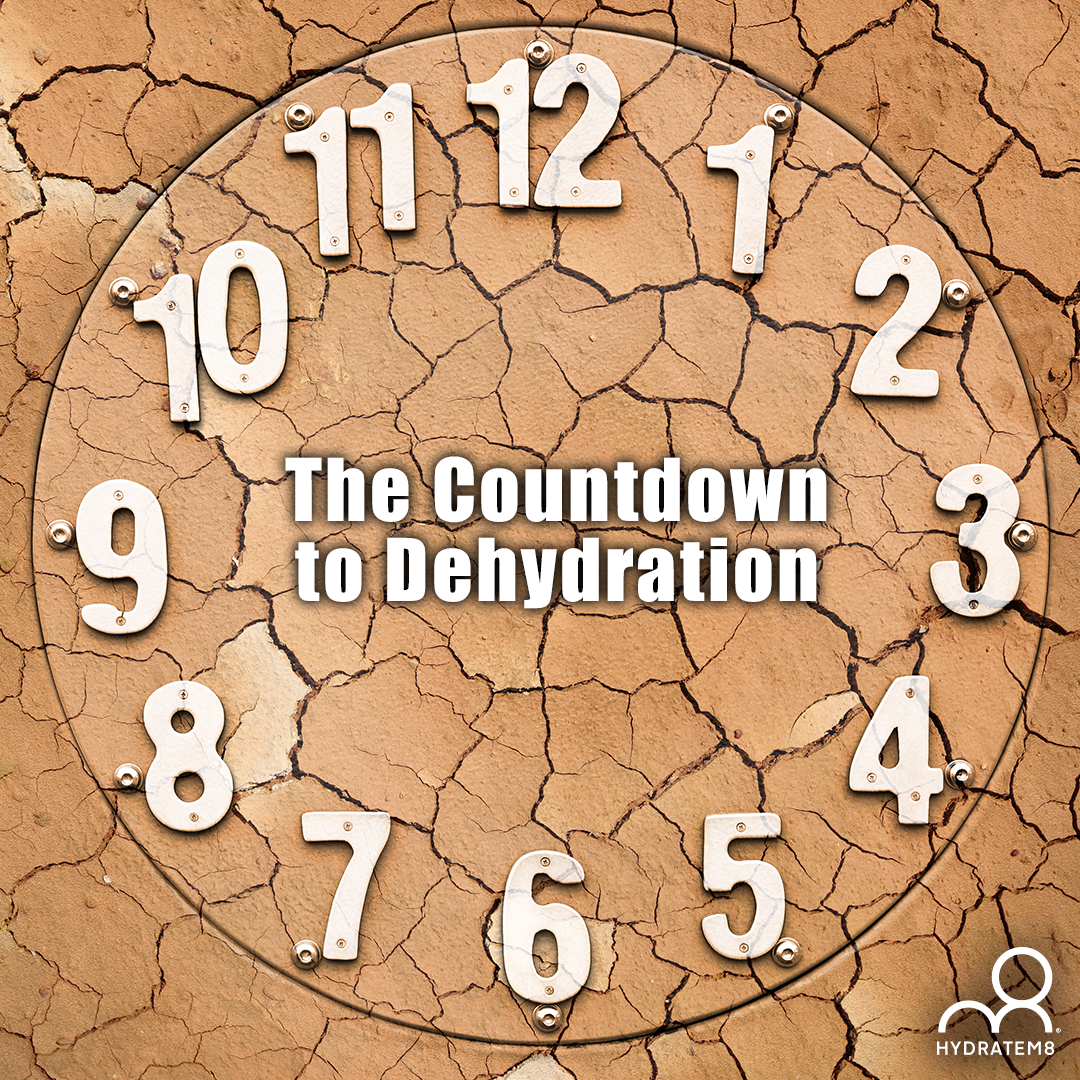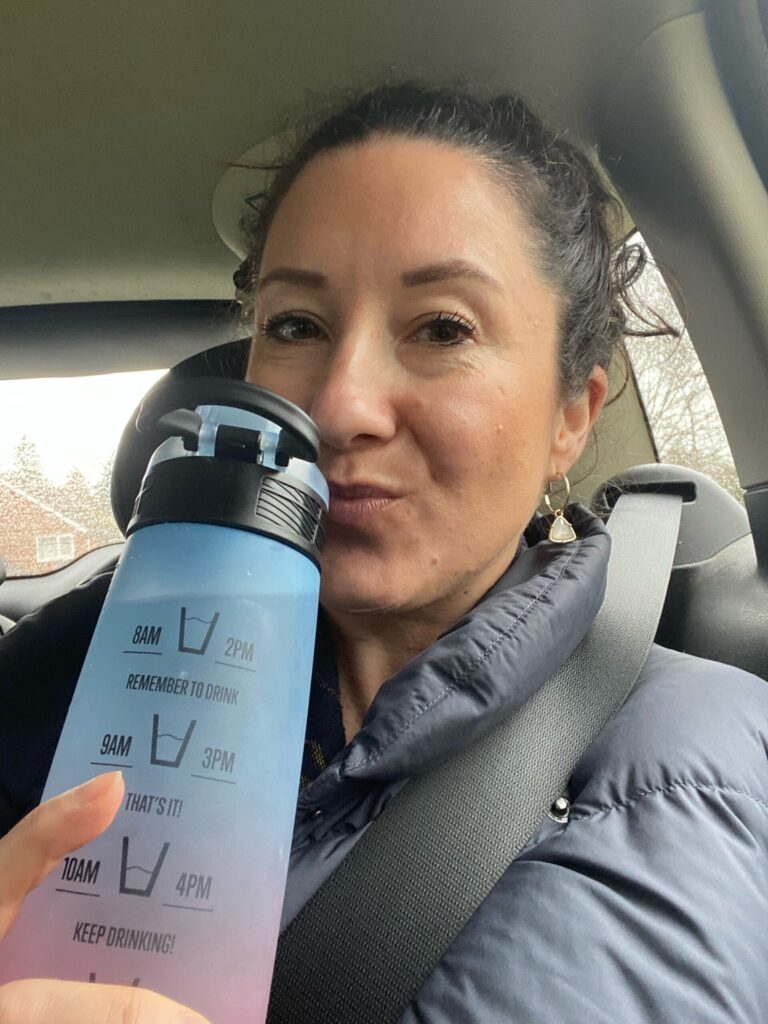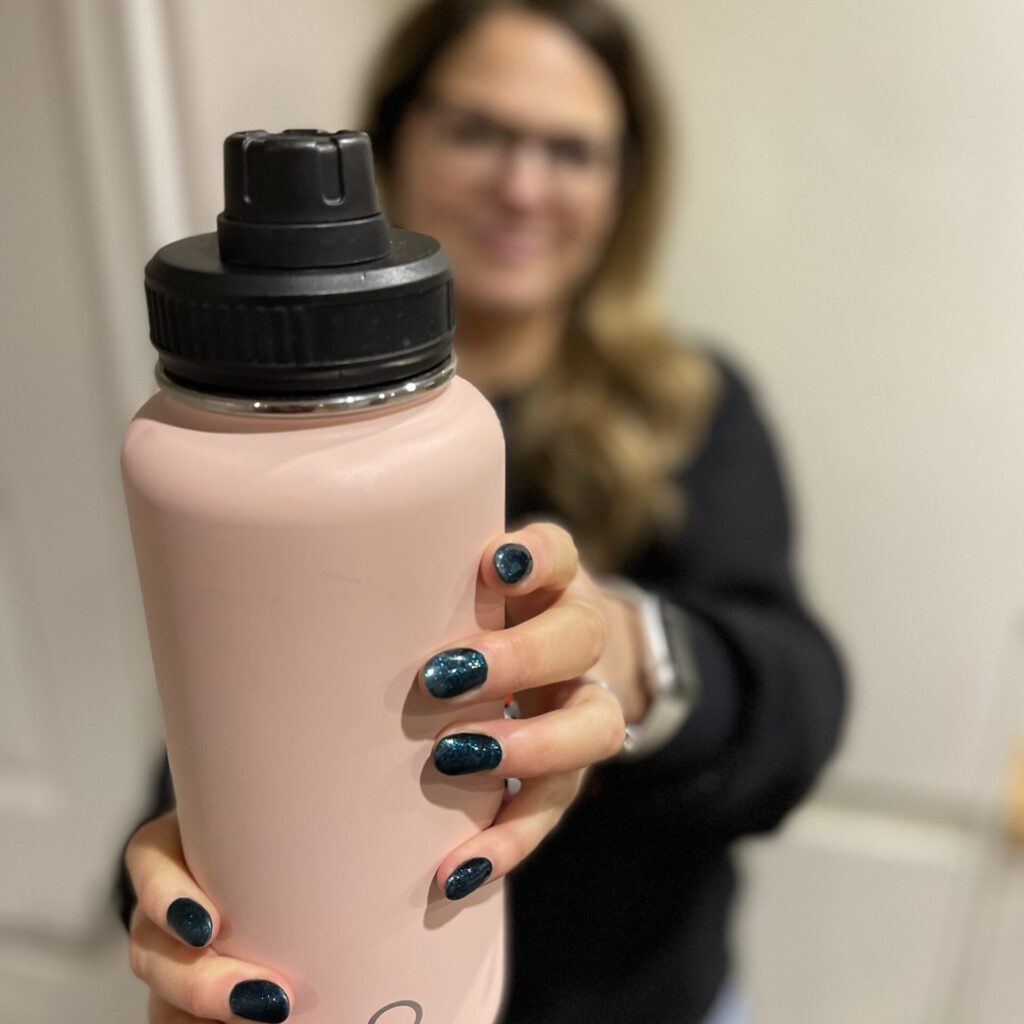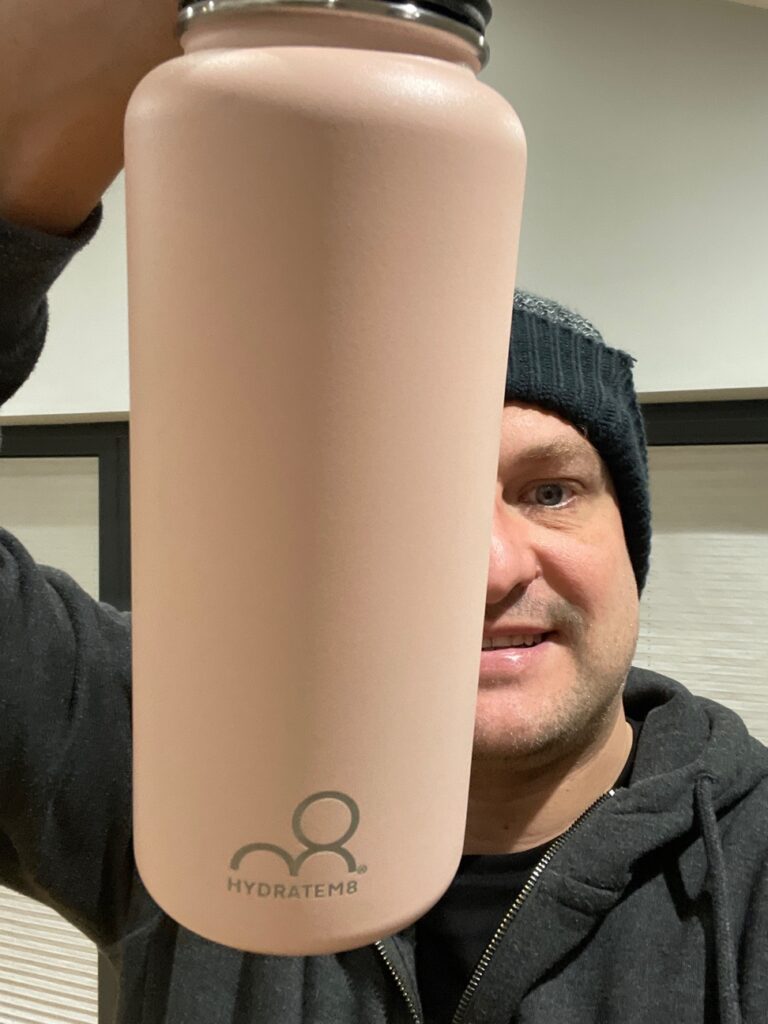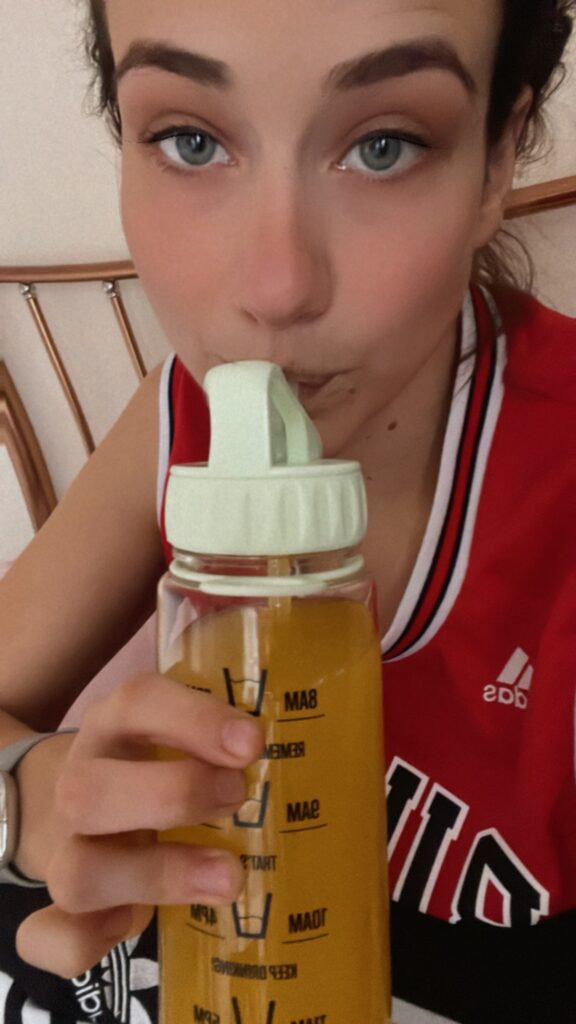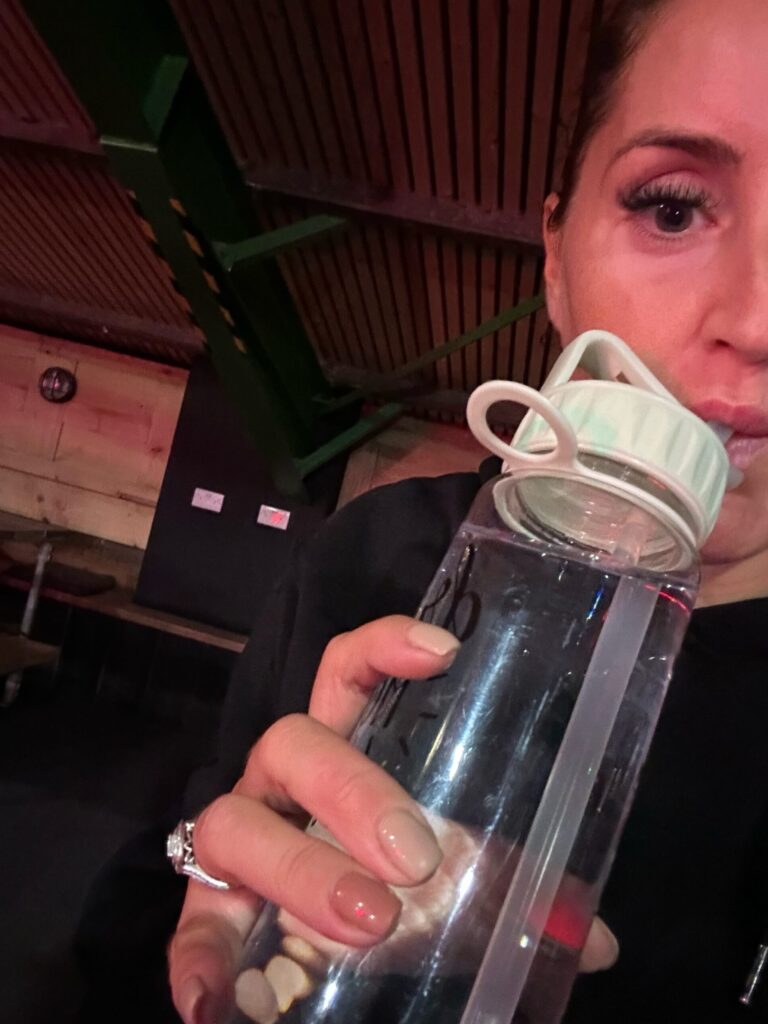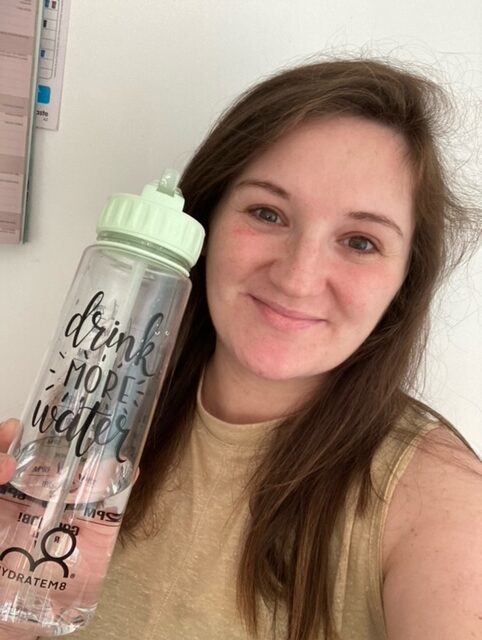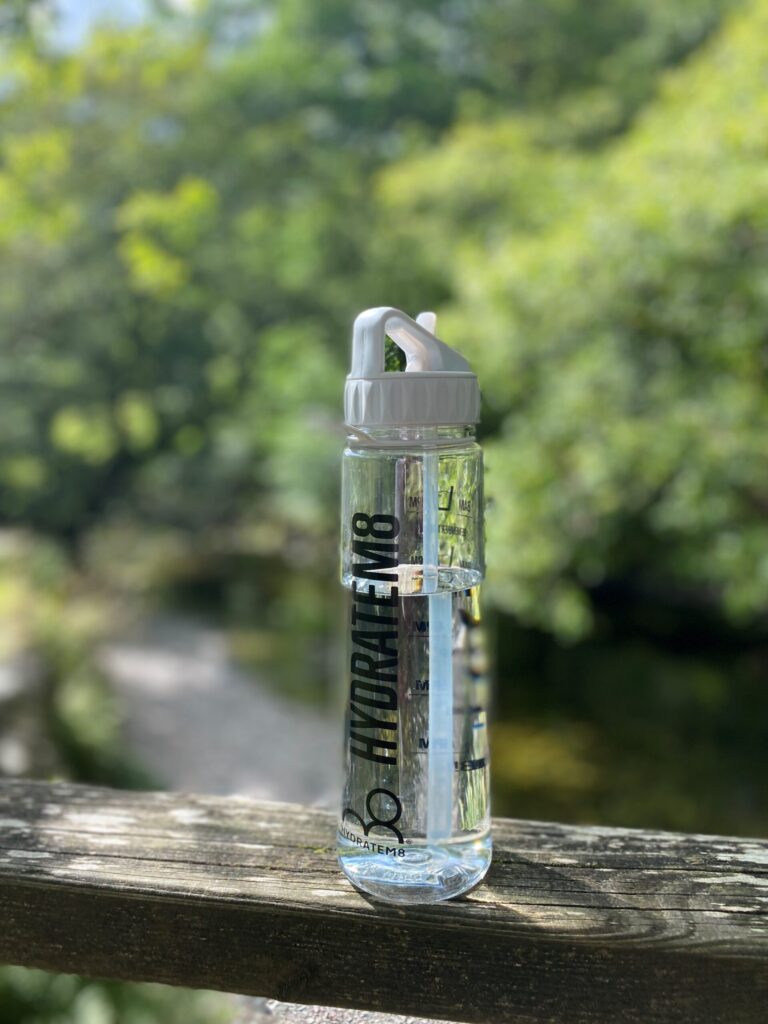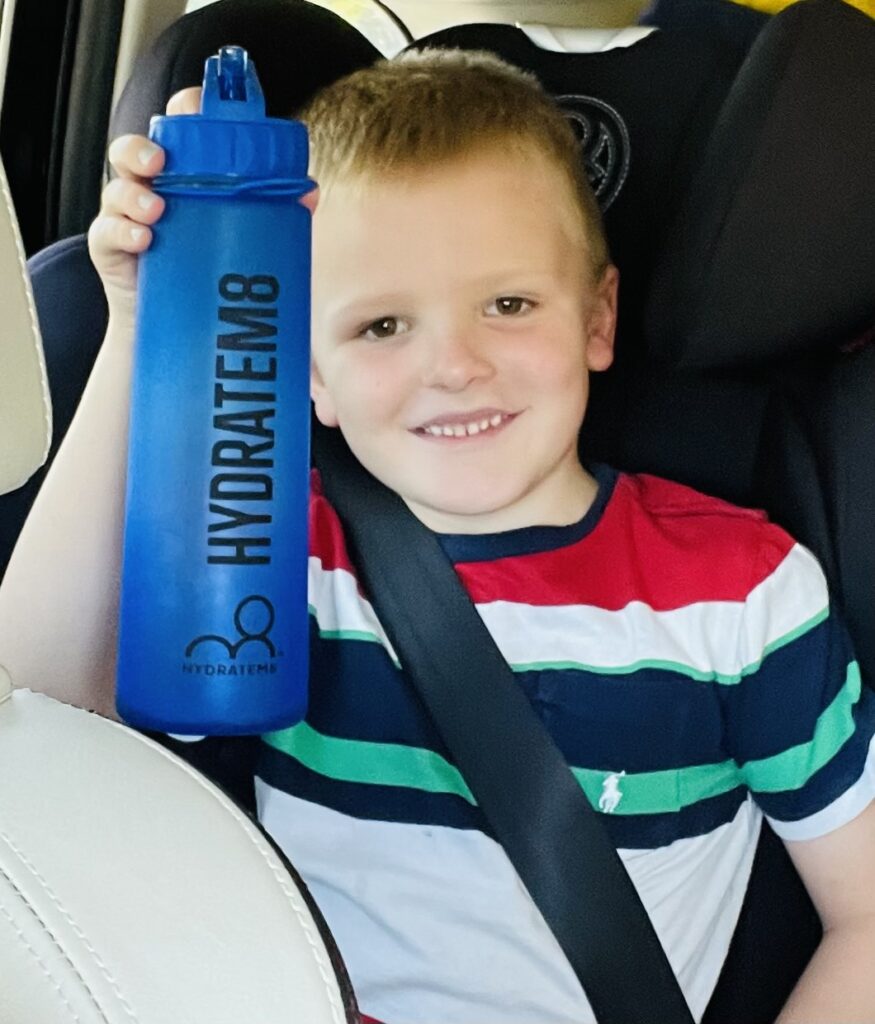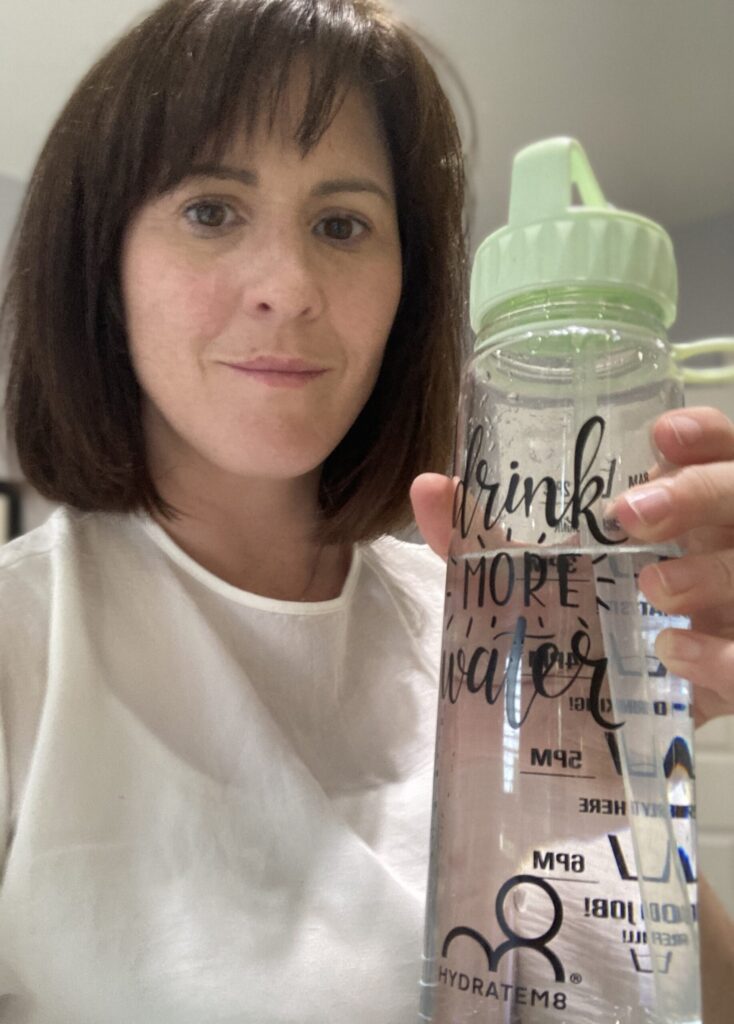The average length of time that most people could survive without water is three days. Few people could last longer than this, and it is widely accepted that nobody could last a whole week. This includes sources other than pure H20, taking into account moisture found in food and the environment around us. So, what does the path to dehydration death look like?
Feeling Thirsty?
The very first sign that you are starting to become dehydrated is the feeling of thirst. If you are starting to feel this way, you have already lost 2% of your body weight in moisture. Luckily, this is a powerful indicator that we need to drink something and most of us know to get some fluids inside us quite quickly after this.
This thirsty sensation sends a message to the brain to retain as much water as possible within the body. That means less fluids are sent to the kidneys and bladder, which are then unable to dilute your urine. So, if your urine is dark, you know you need more water.
You will also be unable to sweat as much, so you will find your internal body temperature starts to rise. There is less water in your blood, which then becomes thicker and slower, and your heart rate will start to speed up, in order to maintain essential oxygen levels. You will feel tired and lethargic, while experiencing heart palpitations.
Shrinking Cells
With less water making its way to all of the essential cells within the body, they will start to shrink. This happens when the body loses 4% of body weight water. Urination will become less frequent and blood pressure can fall dramatically. At this stage of moderate dehydration, you are prone to fainting and extreme fatigue.
Severe dehydration is determined at a 7% loss of body weight. This is when vital organs start to fail due to a lack of blood flow. Your kidneys and gut will be the first to fail, although the pressure on the heart puts it at extreme risk of a heart attack. Without the kidneys working to filter out toxins in the body, this cellular waste can quickly build up, to the point where it becomes impossible to reverse the effects by simply drinking more water. You may become confused and experience seizures, or your body could go into shock. Eventually you will fall into a coma, which can be deadly without emergency medical treatment.
Reasons for Dehydration
The most obvious reason for dehydration is that you are simply not drinking enough, but most adults are able to assess their needs intuitively before the situation becomes serious. Dehydration can also occur if you are feeling ill, particularly if you are vomiting or experiencing diarrhea. Over-exercising without regular hydration is also a concern. Sometimes, the reason is simply a lack of access to safe water sources, which is a human rights issue. If you feel as though you are struggling to maintain your healthy hydration levels, be sure to seek medical advice as soon as possible, in order to prevent severe medical problems.

